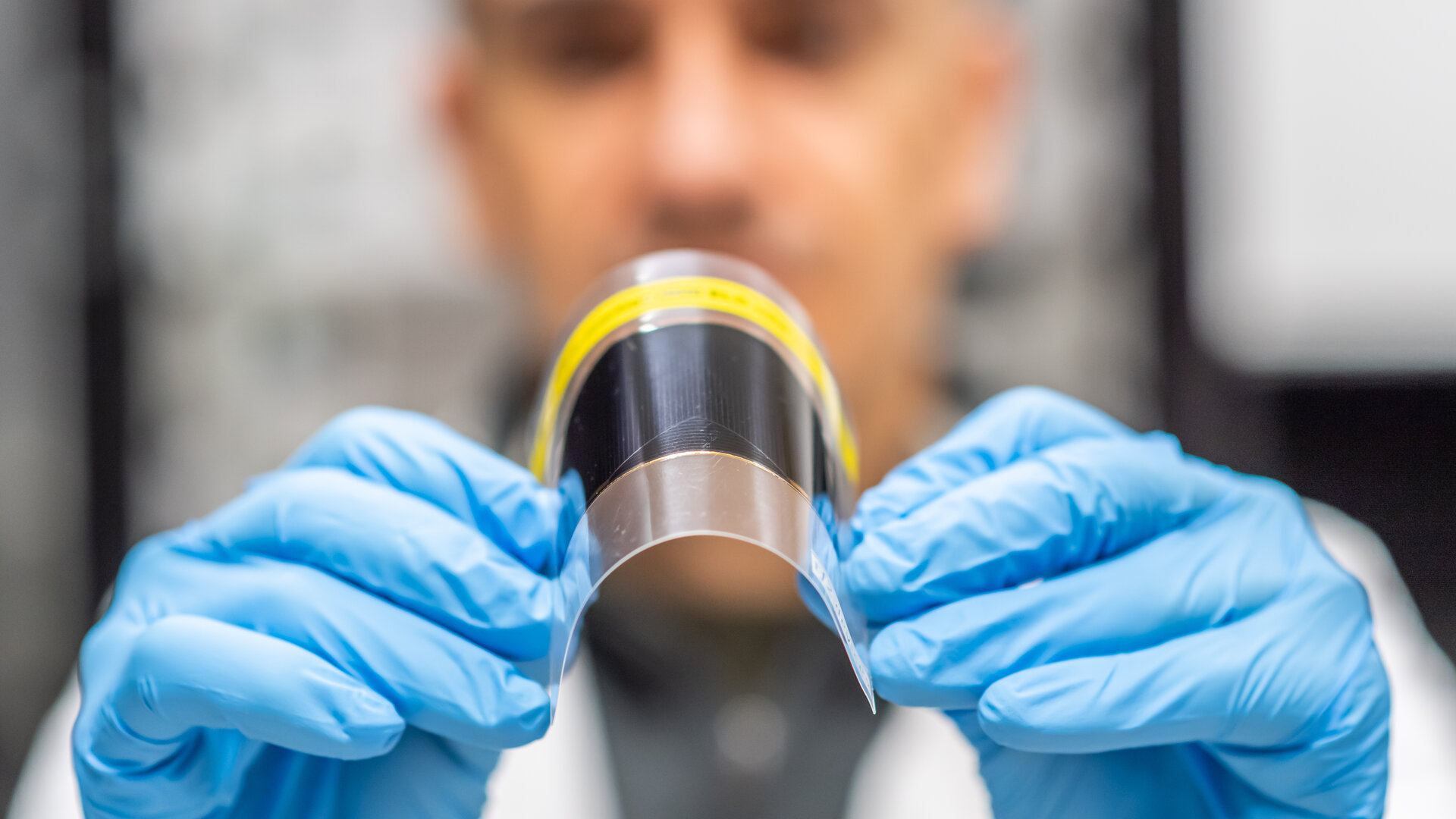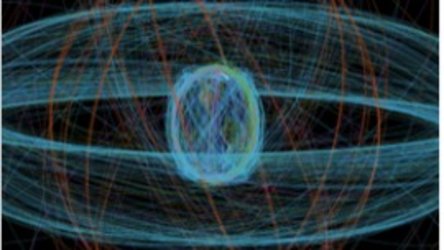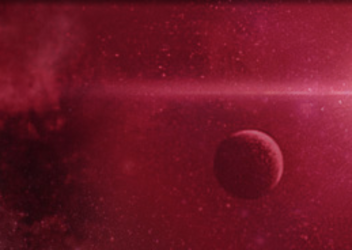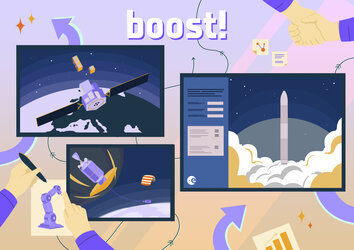ESA programmes and activities of interest to SMEs
Programmes and initiatives within ESA that could be of particular interest to SMEs are listed below. Note that this list is not exhaustive, and not all activities are targeted exclusively at SMEs.
ESA programmes and initiatives
- Procurement actions reserved for SME and "Non-Primes" (C1-C4 clauses)
- Technology Development Element Programme (TDE)
- General Support Technology Programme (GSTP)
- Discovery & Preparation
- Science Core Technology Programme (CTP)
- ARTES 4.0 Programme
- ARTES Core Competitiveness (part of ARTES 4.0)
- BASS – Business Applications and Space Solutions (part of ARTES 4.0)
- Boost! - Commercial Space Transportation Services and Support Programme
- Future EO – Earth observation science for society
- E3P - Commercial Opportunities in the European Exploration Envelope Programme
- InCubed
- NAVISP
- PRODEX
- Permanently Open Calls for New Member States (NMS)
- Technology Transfer and Patents
Procurement actions reserved for SME and "Non-Primes" (C1-C4 clauses)
For an up-to-date overview of all current and upcoming ITTs, Open Calls and AOs, please visit ESA’s procurement system, esa-star Publication.
To guarantee fair access to its programmes for all categories of companies, ESA has designed and implemented a set of clauses, known as the 'C1–C4 clauses', which are applied for certain types of procurement.
For instructions on how to find an Invitation to Tender (ITT) under the C1–C4 clauses, click here.

Technology Development Element Programme (TDE)
The Technology Development Element (TDE) is responsible for early development stages across all ESA service and technology domains, taking cutting-edge ideas and testing their suitability for space applications. It focuses on Technology Readiness Levels (TRL) 1-4.
TDE is a mandatory programme. It is the only ESA technology programme supporting all of ESA’s fields of activity across the entire spectrum of technical disciplines, providing the technological nucleus for most future developments.
TDE is composed of a two-year work plan that covers classic technology development. Procurement plans are made annually, with 100% of the contracts offered to industry and universities on an open competitive basis. Invitations to Tender are issued continuously throughout the year via ESA’s esa-star Publication tool.

General Support Technology Programme (GSTP)
The General Support Technology Programme (GSTP) is an optional programme that takes previously proven innovations through to succeeding stages of engineering. It ensures that the right technology is available at the right time.
Through GSTP, ESA, participating states and industry work together to convert promising engineering concepts into a broad spectrum of useable products.
The programme takes leading-edge technologies that are not ready to be sent into space and then develops them to be used in future missions. It covers all technology disciplines and applications except Telecommunications (covered by ARTES).
GSTP performs its activities under three distinct elements: Develop, Make and Fly.
A GSTP FAQ page is available here.
Discovery & Preparation
Discovery & Preparation funds studies to gather knowledge in all areas of space technology and research. Through these studies, it supports ESA directorates, as well as ESA’s future activities. For a variety of ideas and inputs, Discovery & Preparation encourages small companies and universities to participate in these studies, as a new view on old problems often triggers astonishing results.
Discovery & Preparation publishes open invitations to tender in esa-star Publication on a regular basis. Ideas for new activities are also sought via the Open Space Innovation Platform (OSIP).
Science Core Technology Programme (CTP)
The mandatory Science Core Technology Programme (CTP) is an integral part of the Science Programme. Its objective is to ensure early and effective preparation of ESA's future science missions by advance preparation of the critical enabling technologies required for successful mission development.
Whilst the initial stages of new technology development, leading up to experimental verification, are pursued through ESA's Basic Technological Development Programme (TDE), the CTP exists to take these new technologies and apply them to the specific technical requirements of future science missions. CTP funded activity carries them to higher stages of technological maturity, up to full-scale engineering models fully tested in relevant environmental conditions, ready for inclusion in the definition stage of the mission – which is the design phase which guides the actual spacecraft construction.
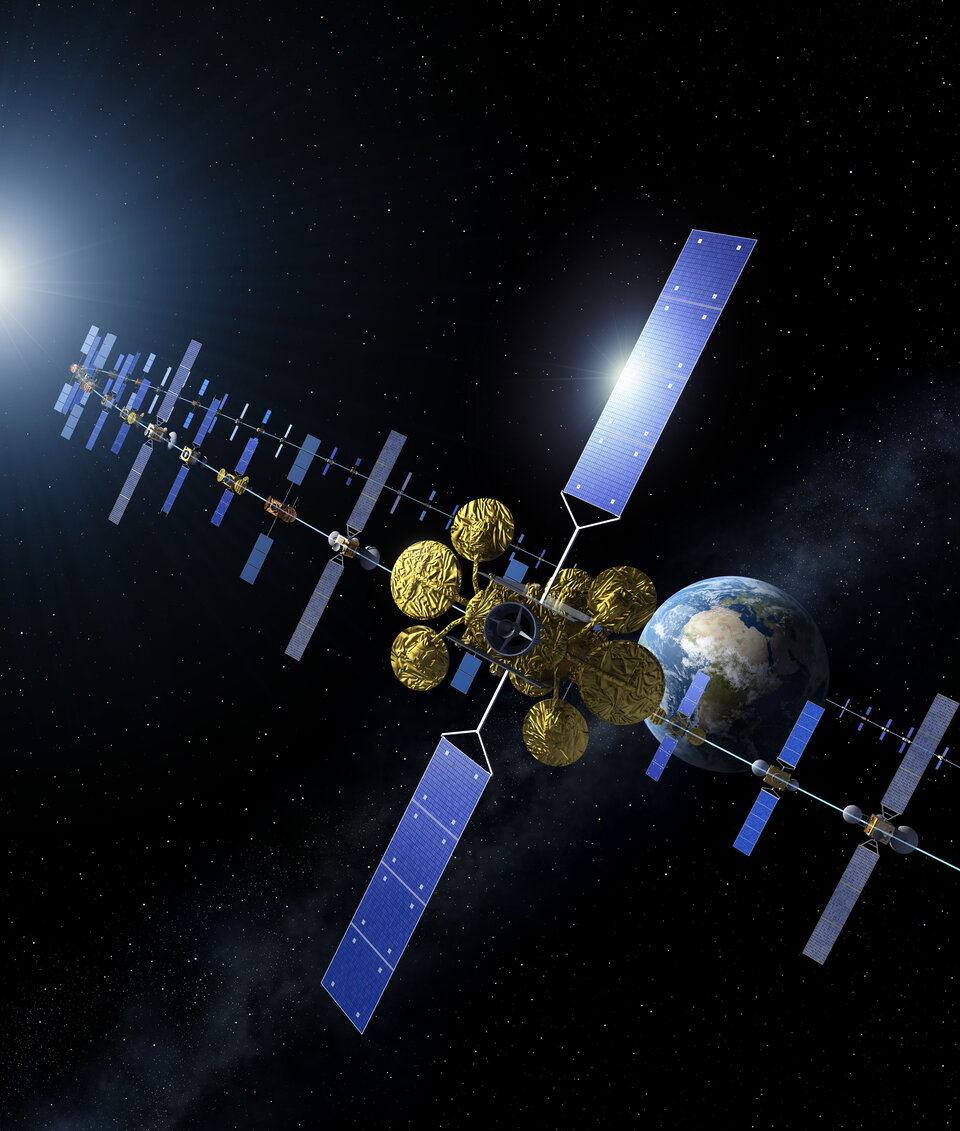
ARTES 4.0 Programme
The Advanced Research in Telecommunications Systems (ARTES ) 4.0 programme enables European and Canadian industry to explore, through research and development (R&D) activities, innovative concepts to produce leading-edge satcom products and services. ARTES 4.0 offers varying degrees of support to projects with different levels of operational and commercial maturity. The scope and plans for its pursuit are incorporated into the Telecommunications Long-Term Plan (TLTP), the blueprint for ESA's actions over a five-year time frame.
Businesses located within ESA member states involved in the satcom industry - whether small or large, new or experienced - can submit proposals via the various elements of the ARTES programme. Every ARTES 4.0 programme line includes a funding framework and follows certain criteria that must be met by satcom companies wishing to participate.
ARTES Core Competitiveness (part of ARTES 4.0)
ESA's ARTES Core Competitiveness programme helps European and Canadian industry to develop innovative satcom products, services, systems and partnerships.
It provides support throughout the technology development process; from the initial idea to a fully-fledged product, system or service.
The programme provides the funding, multi-disciplinary expertise, business knowledge, opportunities for small and medium enterprises and for international consortia, and contacts needed to turn the concept into reality.
ARTES Core Competitiveness combines two previously independent ARTES elements: ARTES Competitiveness & Growth (industry initiative) and ARTES Advanced Technology (ESA initiative).
BASS – Business Applications and Space Solutions (part of ARTES 4.0)
ESA Space Solutions is the go-to place for great business ideas involving space in all areas of society and economy. Its mission is to support entrepreneurs in Europe in the development of business using satellite applications and space technology.
The programme is designed to provide multiple entry points such as ESA Business Incubation Centres (ESA BICs), ESA Technology Transfer Broker Network, ESA Business Application Ambassadors and the ESA Business Applications programme.
ESA Space Solutions: Business Applications
ESA Business Applications is part of ESA Space Solutions that supports the development of sustainable services utilising space assets. It provides funding opportunities and expert support to entrepreneurs with ESA kick-start, feasibility studies and demonstration projects.
There are two main ways to apply for ESA Business Applications support & funding. In the Open Call for Proposals, industry can submit their ideas on any topic at any time of the year. With Competitive Tenders, entities can respond to one of the thematic calls for proposals.
More information is available here.
ESA Space Solutions: Technology Transfer
ESA Technology Brokers work to facilitate the commercialisation of space technologies, know-how, and competences into viable business opportunities for other industries. The Broker Network works to identify innovation challenges from a diverse range of industries and solves them using technology developed by the European space industry.
Knowing exactly how space can benefit one’s business may not always be obvious. ESA’s Technology Brokers are experts in assessing market needs in areas where there is a high potential for exploiting space technology. They provide comprehensive advice, research, market studies, product development services and more to support you - before, during and after transfer.
Boost! - Commercial Space Transportation Services and Support Programme
ESA aims to boost commercial initiatives that offer space transportation services to space, in space, and returning from space.
To achieve this, the Agency nurtures industrial entrepreneurship and stimulates growth and competitiveness within the privately led and funded space sector in Europe via Boost! – ESA's Commercial Space Transportation Services and Support programme.
This programme also supports ESA Member States in implementing national space transportation objectives in the field of spaceports, testing facilities and associated services.
Future EO – Earth Observation science for society
Future EO is an ESA programme to develop the foundations of European Earth Observation systems and capabilities over the next decades. It covers all aspects of Earth Observation including system and architecture studies, instrument pre-development, mission development and operations and the stimulation of innovative Earth science and EO application developments.
The EO Science for Society element in the Future EO programme provides a flexible structure to support rapid developments addressing priority interests and emerging opportunities for novel use of EO within the scientific community, national, regional and international public sector institutions and private sector operators. In particular, EO Science for Society is working to advance Earth science, pioneer new applications and strengthen the competitiveness of downstream industry, building on the latest ICT tools such as collaborative platforms.
E3P - Commercial Opportunities in the European Exploration Envelope Programme
E3P is ESA's main tool for turning the ESA Space Exploration Strategy into reality, building upon current human and robotic exploration capabilities, and laying the foundation for future activities involving humans in low Earth orbit (LEO), activities in lunar and martian orbit, and further on the surface of Moon and Mars.
The commercialisation of human-tended and robotic platforms such as the International Space Station (ISS) is one of the key elements in E3P and provides a broad range of industries with the unique opportunity to develop commercial services, products and applications using human-tended platforms in space.
E3P provides several entry points such as the Commercial Partnership Initiative, the Business Space Growth Network (BSGN) and the European Space Resources Innovation Centre (ESRIC), in order to foster research and innovative concepts towards enhancing the know-how and capability of European industry.
InCubed – Investing in Industrial Innovation
InCubed stands for ‘Investing in Industrial Innovation’ and is a Public Private Partnership co-funding programme run by the ESA Φ-lab. InCubed focuses on developing innovative and commercially viable products and services that exploit the value of Earth observation imagery and datasets. The programme has a very wide scope and can be used to co-fund anything from building satellites to ground applications and everything between or to develop new EO business models.
If you have an activity in mind, for example, a constellation, a satellite, an instrument, a technology, software, a service or an application related to the Earth observation sector and you want to develop it with ESA’s help and then roll it out commercially then InCubed could be the programme for you. The ultimate aim of InCubed is for your development to reach, at least, the minimum viable product stage and be robust from a technical, commercial, programmatic and financial point of view. Your Intellectual Property Rights, 100%, stay with you. The programme can also support further roll out and scale up if appropriate or can provide a solid demonstration capability for you to seek further funding for scaling and expansion.
NAVISP – Navigation Innovation and Support Programme
NAVISP supports European industry in succeeding in the highly competitive and rapidly-evolving global market for Satellite Naviation, and more broadly PNT (Precision, Navigation and Timing) technologies and services. It also supports national agencies from participating states in enhancing their national objectives and capabilities in the sector.
The programme is structured according to three Elements that complement each other and contribute to the programme objectives: Element 1 - Innovation in Satellite Navigation, Element 2 - Competitivenss, Element 3 - Support to Member States.
PRODEX
PRODEX (PROgramme de Développement d'Expériences scientifiques) offers institutions and industry the chance to work on ESA experiments. The programme works to help countries to get returns on their investments, and to promote scientific and industrial excellence and competitiveness.
PRODEX was created in June 1986 when several ESA Member States were limited in the funding of experiments and instruments for ESA missions that their universities and other scientific institutions wanted to be involved in. It has grown to fulfil the role of co-ordinating experiment development and awarding, implementing and monitoring industrial and institute contracts for a wide range of experiments or space scientific hardware development.
Permanently Open Calls for New Member States (NMS)
Permanently Open and Top Down Calls for New Member States are available via esa-star Publication.
ESA administers both Permanently Open and Top Down Announcements of Opportunity for Outline Proposals under the Industry Incentive Schemes of Estonia, Hungary and Romania. Companies are invited to submit an outline proposal under the ongoing calls in esa-star Publication.
Further information about the Permanently Open Calls for NMS is available here.
Technology Transfer and Patents
It takes inventiveness to design for space. The new technologies, systems and know-how making ESA missions possible often hold much wider potential in the terrestrial sphere. It is the task of ESA’s Technology Transfer and Patent Office to explore this potential by identifying and developing novel business opportunities for providers of space technologies and systems.
The Office forges links between the space sector and the rest of industry to find new homes for ESA’s innovations, inspiring novel business opportunities, products and services. It offers Technology Transfer Services, manages ESA's patents portfolio and provides access to ESA technical expertise in the transfer process.
An annual Open Call invites the submission of proposals from industry for Feasibility Studies, Proof of Concepts and Demonstrators. These have been designed as a funnel of activities, de-risking the activities on a step-by-step basis. More information about the services provided is available here.


